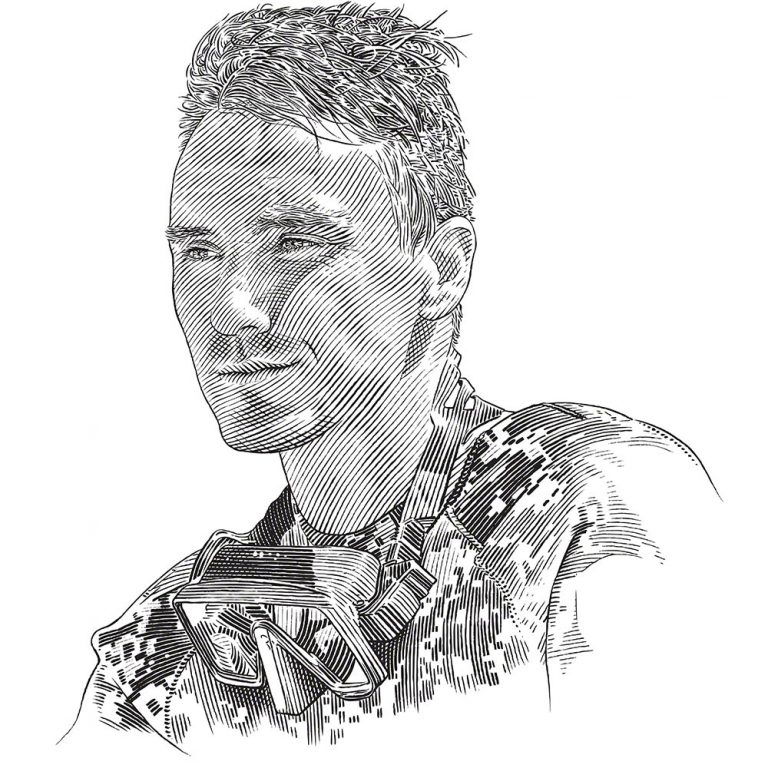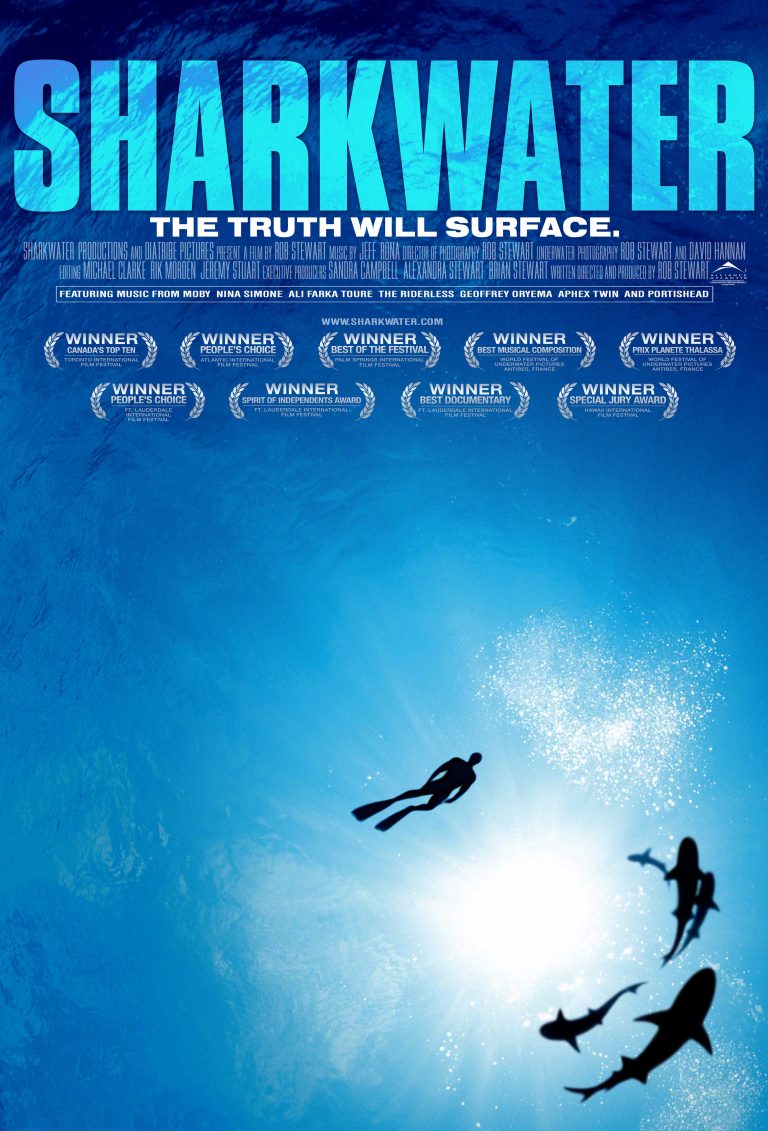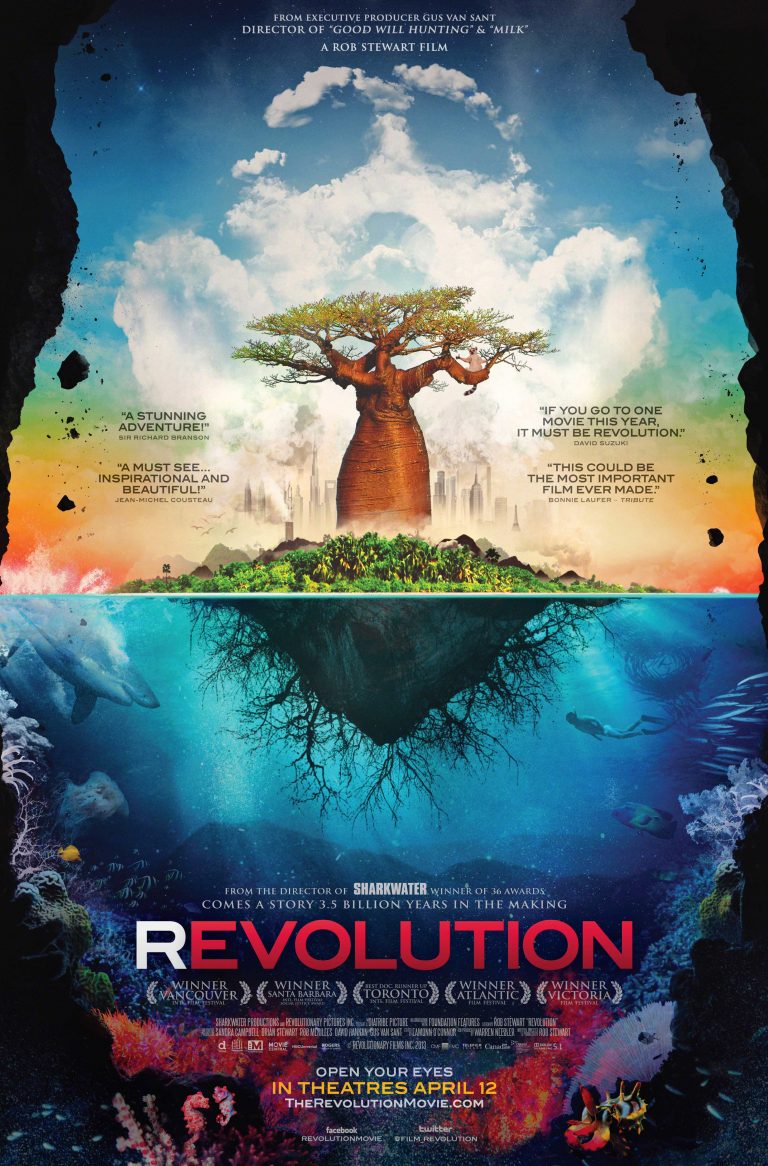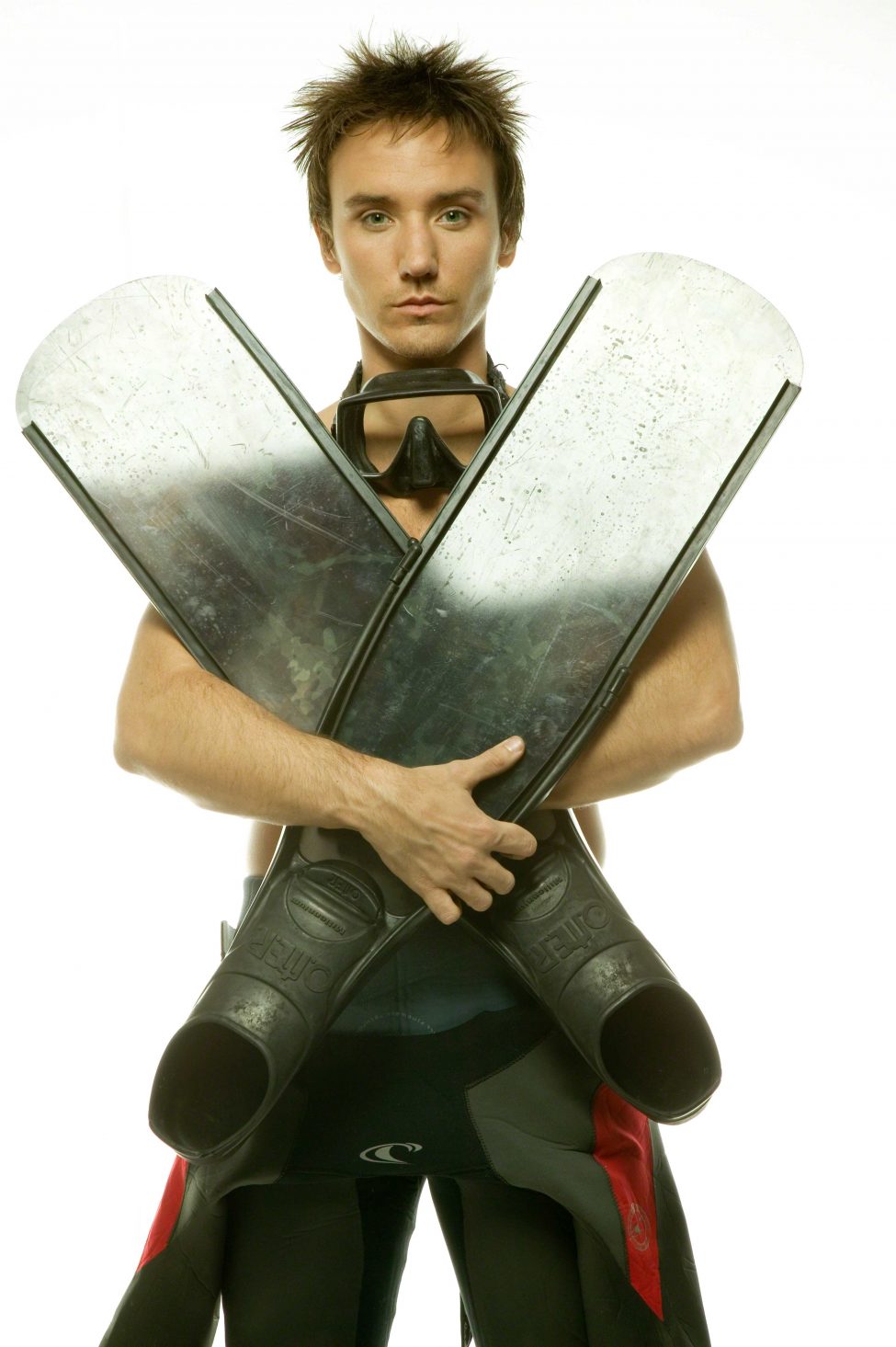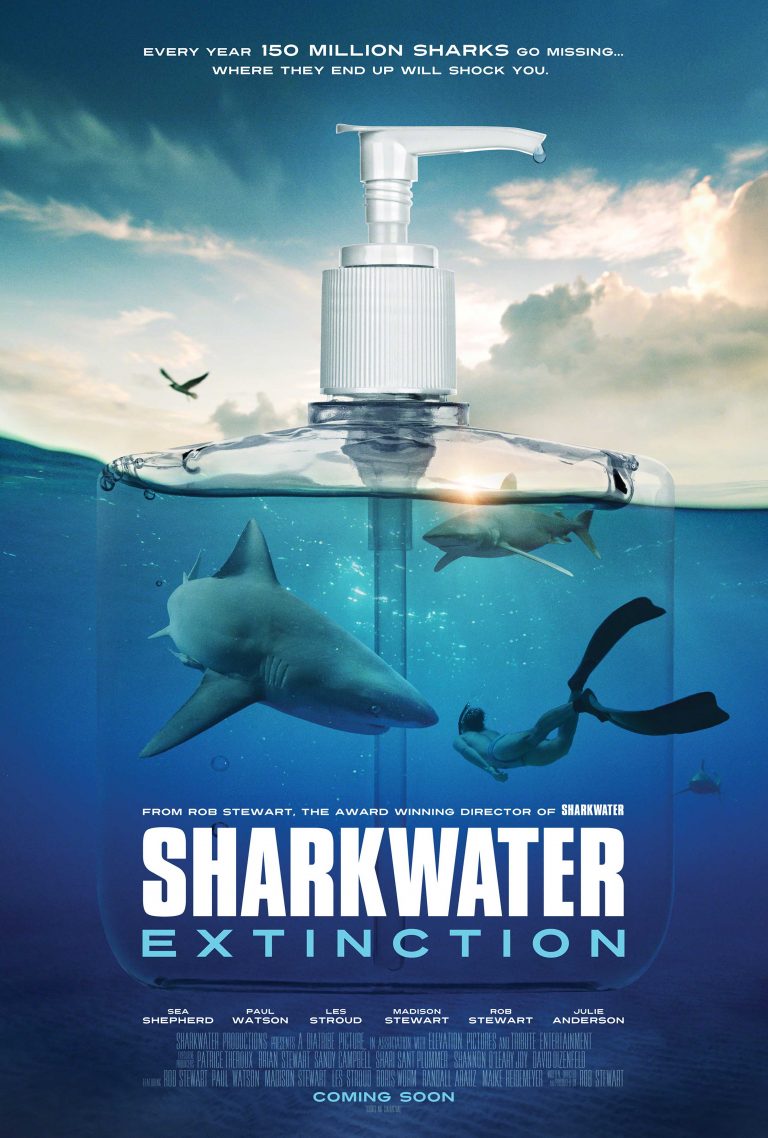Beyond Conservation: Creating a new, amazing world
Have I failed in my bid to save sharks? I’ve been involved in ocean conservation for 16 years and it seems the situation is only getting worse!
In 2002 I set out to make a film that would bring the plight of sharks to the attention of the public in the hope that if people could see sharks through my eyes and understand how magnificent and important they are, they would fight for their protection. It took four years, entailed travelling to 12 countries and nearly killed me – but Sharkwater brought the issue of shark finning into the spotlight and inspired people to get involved.
Yet in the 10 years since the film’s release we’ve killed more than a billion sharks, contributing to the greatest wildlife massacre in history. Sure there are some successes to be celebrated: shark finning is banned in most parts of the world, sharks are on endangered species lists, conservation groups have sprung up to fight for sharks’ protection. But today we are still slaughtering the world’s greatest predator not just for its fins, but also for cosmetics, vaccines, pet food, livestock feed, fertiliser and fast food, to name only a few end products. As we set out to make our third film – my second to save sharks – the question why we haven’t solved the shark issue, or any other environmental issue threatening humanity, becomes important. And I think I know the answer.
We have focused too much on slowing down our destructive tendencies instead of charting a path towards where we want to be – as a species and a planet – in the future. Even if we achieve our current goals, we will still be living in a degraded world where extinctions, poverty and conflict are rife.
When you imagine the future – 50, 100 years from now – what do you see? A technology-driven world? Flying cars? Hopefully! But what about our environment? What has happened to life on earth? If you’re like most people, you’ll see a world in which wildlife is relegated to reserves and parks, tiny vestiges of nature fenced off to protect it from – and for – people. In this future, most of our planet has been converted into a factory that provides for the most populous of the species: humans.
